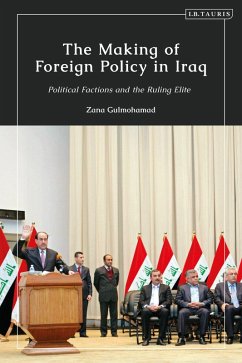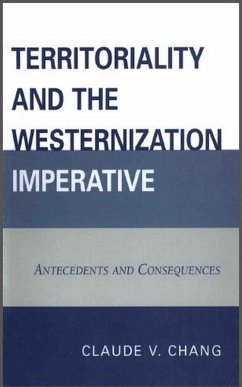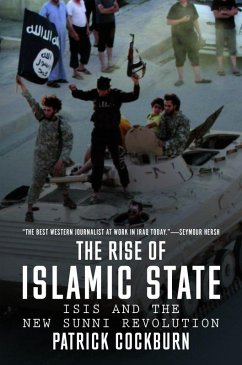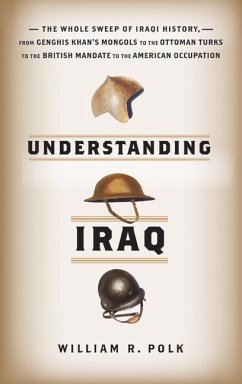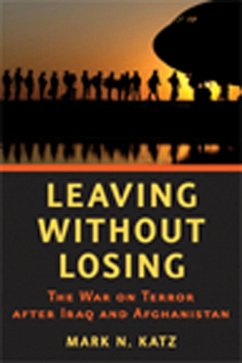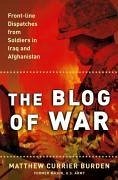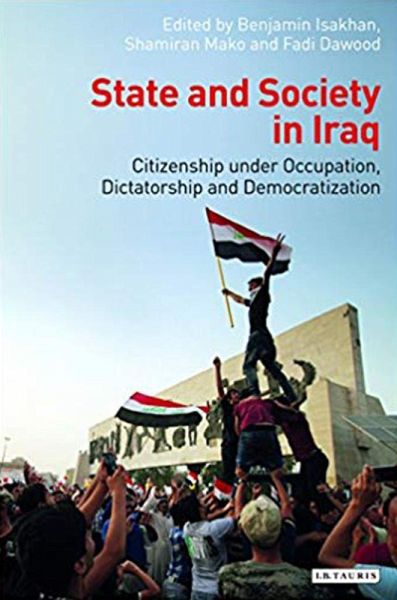
State and Society in Iraq (eBook, ePUB)
Citizenship Under Occupation, Dictatorship and Democratisation
Redaktion: Isakhan, Benjamin; Dawood, Fadi; Mako, Shamiran
Versandkostenfrei!
Sofort per Download lieferbar
100,95 €
inkl. MwSt.
Weitere Ausgaben:

PAYBACK Punkte
50 °P sammeln!
The activities of ISIS since 2014 have brought back to centre stage a series of very old and very troubling questions about the integrity and viability of the Iraqi state. However, most analysts have framed recent events in terms of their immediate past and without the contextual background to explain their evolution. State and Society in Iraq moves beyond a short-sighted analysis to place the complex and contested nature of Iraqi politics within a broader and deeper historical examination. In doing so, the chapters demonstrate that beyond the overwhelming emphasis on failed occupations, cruel...
The activities of ISIS since 2014 have brought back to centre stage a series of very old and very troubling questions about the integrity and viability of the Iraqi state. However, most analysts have framed recent events in terms of their immediate past and without the contextual background to explain their evolution. State and Society in Iraq moves beyond a short-sighted analysis to place the complex and contested nature of Iraqi politics within a broader and deeper historical examination. In doing so, the chapters demonstrate that beyond the overwhelming emphasis on failed occupations, cruel tyrants, ethnic separatists and violent religious fanatics, is an Iraqi people who have routinely agitated against the state, advocated for legitimate and accountable government, and called for inter-communal harmony.When, the authors maintain, the Iraqi people are given agency in the complex process of consent, negotiation and resistance that underpin successful state-society relations, the nation can move beyond patterns of oppression and cruelty, of dangerous rhetoric and divisive politics, and towards a cohesive, peaceful and prosperous future - despite the many difficulties and the steep challenges that lie ahead.




